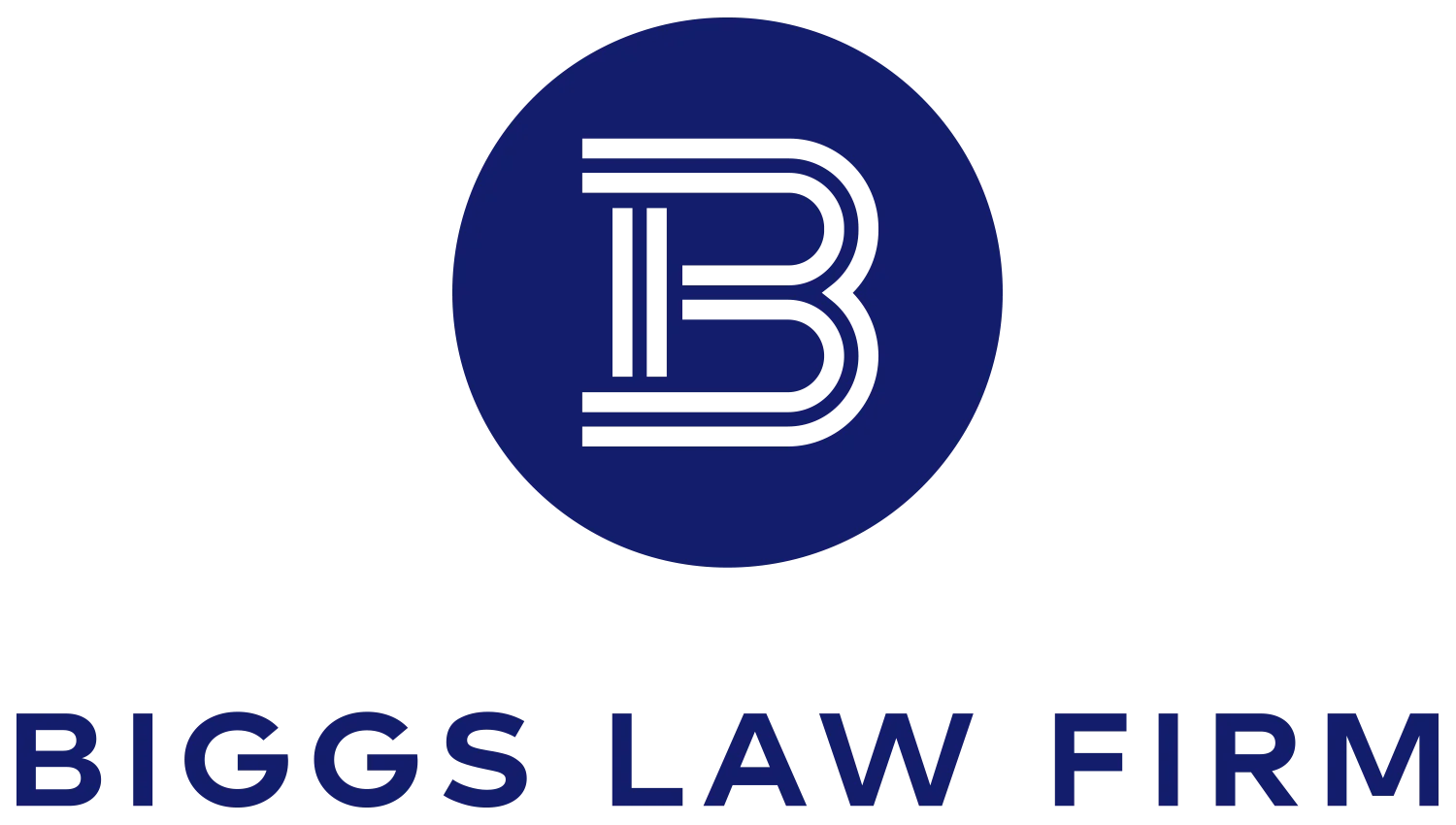How Bankruptcy Affects Tax Debts: What You Need to Know
Can filing for bankruptcy actually wipe out your tax debt? For many people, the idea sounds too good to be true – until they learn the details. Tax debt can feel overwhelming, especially when combined with other financial burdens like credit cards, loans, or medical bills. But under the right conditions, bankruptcy might offer a path to relief.
It’s a common misconception that tax debt is untouchable in bankruptcy. While that’s often the case, certain older income tax debts may actually be dischargeable – meaning you could eliminate them entirely. The key lies in understanding the rules, knowing which debts qualify, and recognizing which type of bankruptcy fits your situation.
At Biggs Law Firm, we help North Carolinians navigate the intersection of bankruptcy and tax debt, giving them a clearer view of their options and a real chance to regain control.
The Truth About Bankruptcy and Tax Debt
Not All Tax Debts Are the Same
Tax debt isn’t a one-size-fits-all issue. Whether it can be discharged in bankruptcy depends on several factors, including:
- The type of tax (most often, income tax)
- How old the tax debt is
- When you filed your tax return
- Whether the IRS has taken collection action
Older federal income taxes may be wiped out in Chapter 7 bankruptcy if certain timing conditions are met. However, payroll taxes and more recent income tax debts usually remain.
The 3-2-240 Rule: A Simple Way to Remember
There’s a helpful rule of thumb often used when talking about discharging income tax debt:
- The tax debt must have been due at least 3 years before you file bankruptcy
- The return must have been filed on time and at least 2 years ago
- The IRS must have assessed the tax at least 240 days before your filing
Meeting all three of these conditions doesn’t guarantee discharge, but it puts you in the best position to seek relief through bankruptcy. Determining the best time to your file your case is critical.
Chapter 7 vs. Chapter 13: Two Paths with Different Outcomes
When dealing with tax debt, the type of bankruptcy you file makes a big difference.
Chapter 7 Bankruptcy
If your tax debt meets discharge requirements, Chapter 7 may allow you to erase it completely. It’s a quicker process – typically 4 to 6 months – and designed for people with limited income and few assets.
But be careful: if your tax debt doesn’t meet the discharge criteria, it won’t go away. And since Chapter 7 doesn’t offer a repayment plan, you’ll still owe the IRS once the case is closed.
Chapter 13 Bankruptcy
Chapter 13 sets up a structured repayment plan over 3 to 5 years. You may not eliminate tax debt, but you can stop penalties and interest from growing and protect yourself from aggressive collection tactics like wage garnishment. The bankruptcy code also prioritizes tax debt over other creditors, allowing them to be repaid before unsecured creditors.
This option is especially useful if you have newer or non-dischargeable tax debt that you can repay over time.
What Bankruptcy Doesn’t Do for Tax Debt
Bankruptcy isn’t a magic wand. Even if you meet the timing rules, here’s what it won’t do:
- It won’t eliminate tax liens that were recorded before you filed
- It won’t discharge fraudulent returns or cases involving willful evasion
- It won’t touch trust fund taxes like withheld payroll taxes
- It won’t touch tax debt if you didn’t file your tax returns on time
This is why it’s important to review your tax records and IRS account transcripts before filing, so you know exactly what relief you might qualify for.
Common Myths About Bankruptcy and Tax Debt
One of the biggest myths is that bankruptcy never affects tax debt. Another is that once you’re in bankruptcy, the IRS can’t do anything at all.
The truth? While bankruptcy can stop collection during your case through something called the automatic stay, it doesn’t necessarily remove all obligations. If your debt doesn’t qualify for discharge, the IRS can resume collection once your bankruptcy ends.
And here’s a surprising fact: even if your debt isn’t dischargeable, bankruptcy may still help by reducing your overall burden, making it easier to keep up with your tax payments.
How We Help You Make Sense of It All
At Biggs Law Firm, we understand the fine print that makes or breaks a bankruptcy case involving tax debt. We’ll help you review your tax documents, time your filing properly, and determine whether Chapter 7 or Chapter 13 gives you the best outcome.
If you’re struggling with tax bills and wondering whether bankruptcy might offer some relief, schedule a consultation to talk through your options.
A Fresh Start May Be Closer Than You Think
Tax debt can feel like a permanent shadow, but it doesn’t always have to be. With the right timing and the right plan, bankruptcy may offer you real relief from certain tax obligations.
Understanding the rules is the first step toward reclaiming your financial peace of mind.
Let’s talk about how we can help you get there.
Start The Process Today
Schedule your consultation with one of our experienced attorneys.
